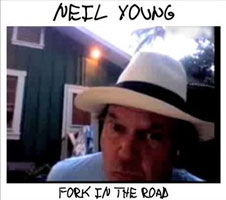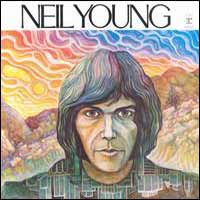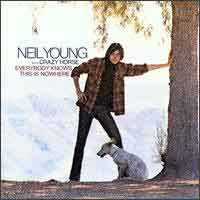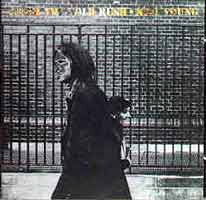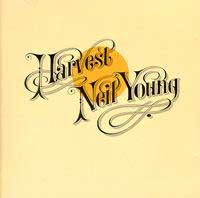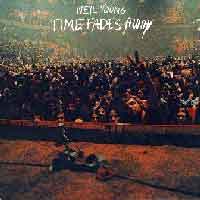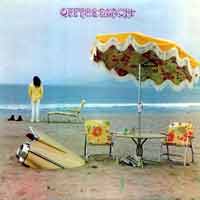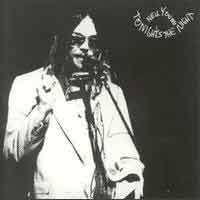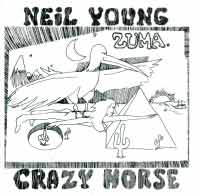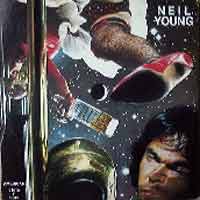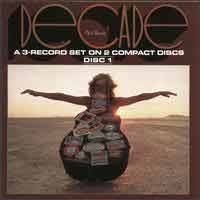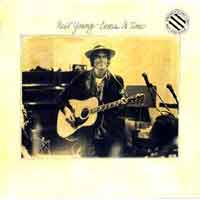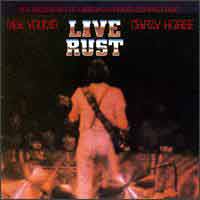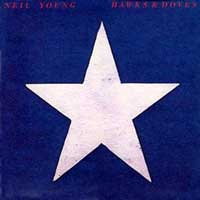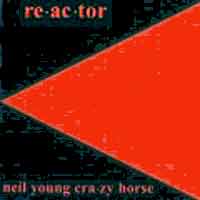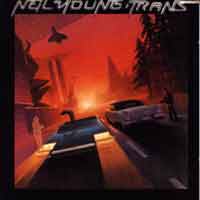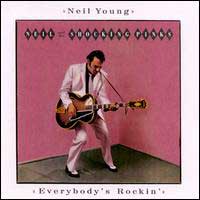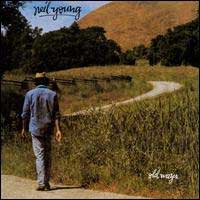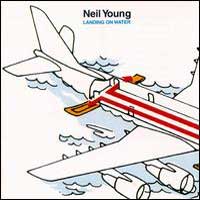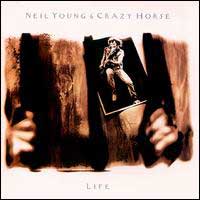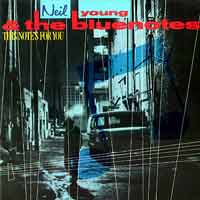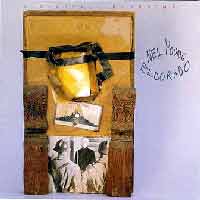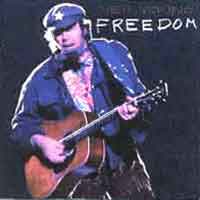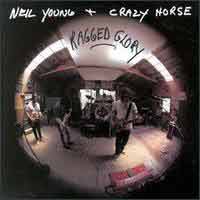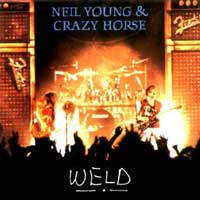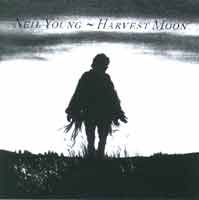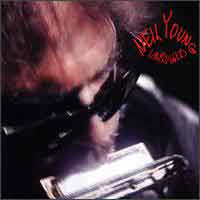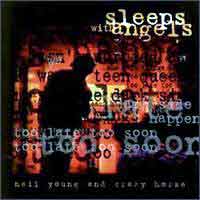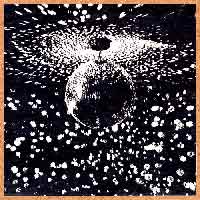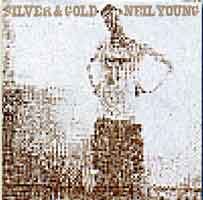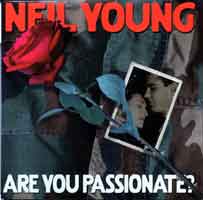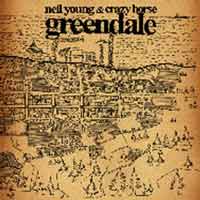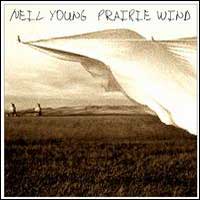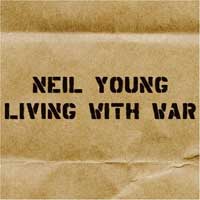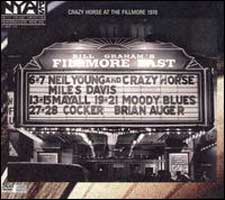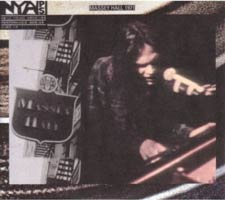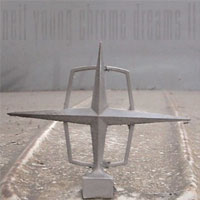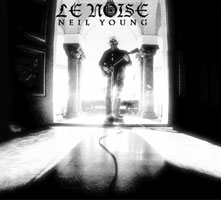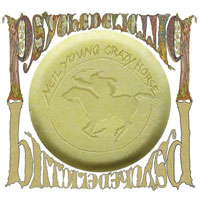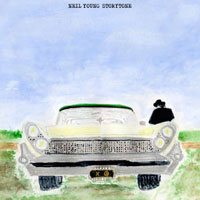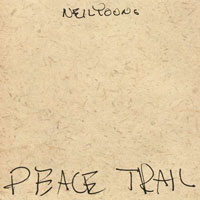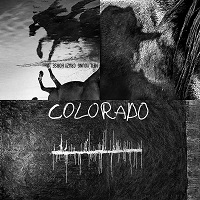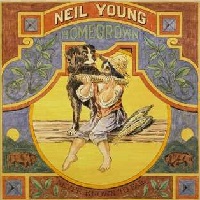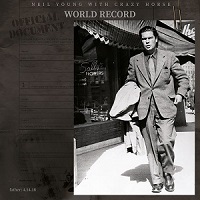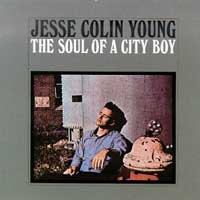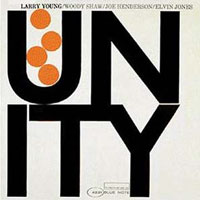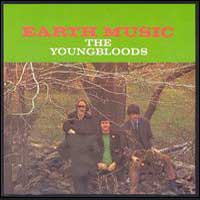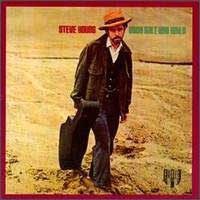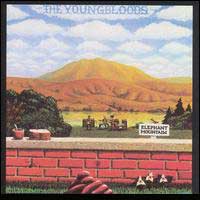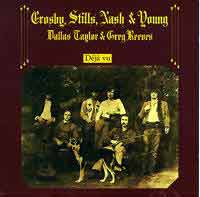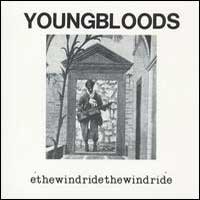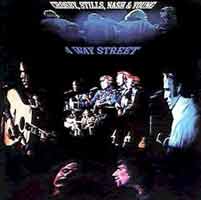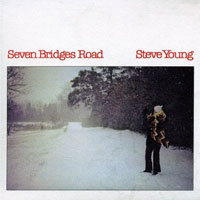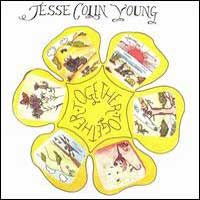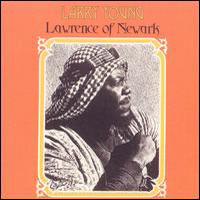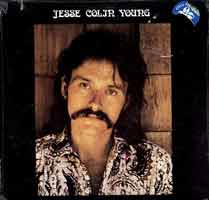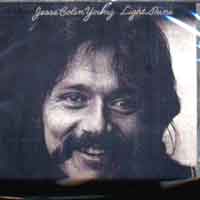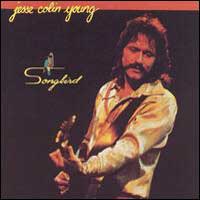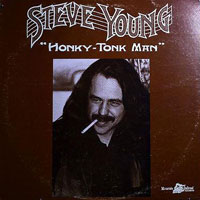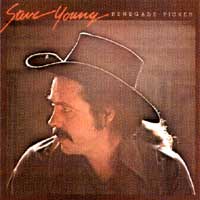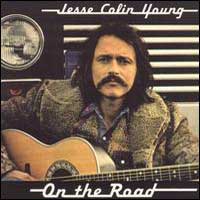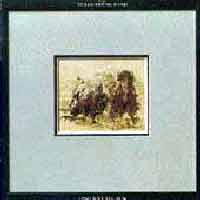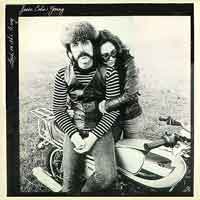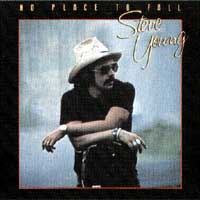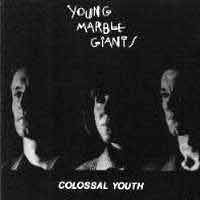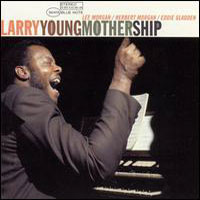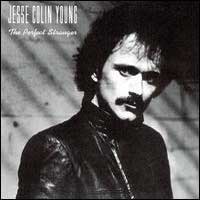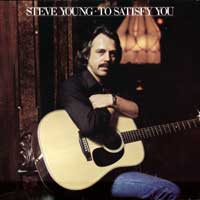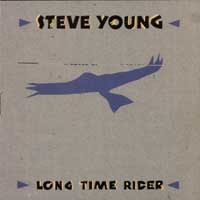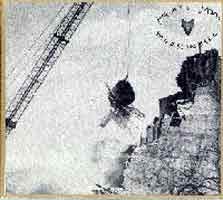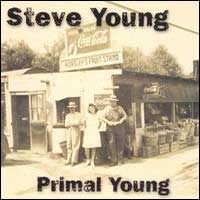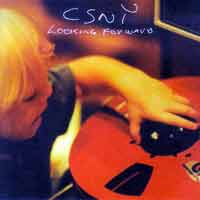Neil Young hat seinen geliebten Lincoln Continental aus den 50er Jahren von einer spritfressenden Dreckschleuder in eine Öko-Limousine umgebaut. Mit der reist er kreuz und quer durch die USA, um sein Zukunftsprojekt „LincVolt“ vorzustellen. Das Auto, dessen Kühlerhaubenfigur schon auf Chrome Dreams 2 zu sehen ist, dient nun als Vehikel für das rockende Konzeptalbum Fork In The Road. Die Geschichten, die der Godfather of Grunge im Alter von 63 Jahren erzählt, handelt von seinem Oldtimer, Zwischenstation, Gedanken an die Zukunft, Abrechnung mit der Gegenwart. Ein paar Banker und Politiker geraten dabei unter Beschuss. Er singt davon, dass ein Song die Welt nicht verändert, wohl aber sein umweltfreundliches Auto. Er spricht verächtlich über Downloads...“download this. Sounds like shit...“, über das Verschwinden schwindelerregender Summen in der Weltwirtschaftkrise. Neil Young singt, was ihm das Radar auf seiner Fahrt auf den Bildschirm bringt und er macht es einem mit klaren Worten nicht schwer zuzuhören. Und nun beginnt das Problem: So sehr der Kanadier davon schwärmt, wie leise und sauber sein Lincoln über die Strassen schnurrt, so sehr holpern – abgesehen von ganz wenigen Balladen wie „Off The Road“ und das hinreißend schöne „Light A Candle“ – die Arrangement. Die klingen wie schlecht ausgebaute Schotterpisten, so unscharf wie das recht merkwürdige Plattencover, bleiben in Blues-Pfützen stecken. Große Mühen scheint sich der Meister beim Ausformulieren seiner Stücke nicht gegeben zu haben, eine Axt ersetzt Feile und Hobel, auch seine verlässlichen Mitstreiter Ben Keith und Anthony Crawford an den Gitarren, Drummer Chad Cromwell oder Rick Rosas am Bass schlagen in die selbe Kerbe Fork In The Road ist ein rohes, spontanes, ungehaltenes, kantiges und unruhiges Werk. Es passt zum Irrsinn seiner Zeit, immerhin.
(Sven Niechziol, amazon.de)
Neues Album des Altmeisters, ein Songzyklus über einen Hybrid-getriebenen 59er Lincoln Continental-Umbau und die Fahrt durch Amerika (die grobe Story). Sehr einfach gestrickt und satt rockend. Auf der DVD gibt es wie gewohnt die Tracks als DVD-Audio und dazu vier äusserst billig gedrehte Videos zu Albumtunes. Wirkt leider alles etwas hingeschlunzt. Sorry Meister.
(Glitterhouse)
#
It somehow is fitting that Fork in the Road arrived in stores a week after President Barack Obama announced his bail-out plan for the American automobile industry: it's Neil Young's one-man campaign to remind everybody what cars used to mean and what they should be again. Neil always has had a soft spot for cars — he drove a hearse from Toronto to Los Angeles, immortalizing the vehicle in "Long May You Run" — so this album-length motor manifesto couldn't be called unexpected, nor could its palpable, ever-flowing undercurrent of nostalgia be a surprise for a man who owns a toy train company. Plus, romanticizing the classic years of Detroit is natural; those big boats were gorgeous, so unlike the colorless, characterless sedans that rule the road these days. Neil knows this and knows that dependence on oil is crippling the culture, not to mention the environment, and is enough of an evangelist to cobble together his own green machine, putting an electric engine in a 1959 Lincoln Continental, driving the car to Washington and writing a whole album about the vehicle and its downtrodden times. Fittingly, Fork in the Road is like his Lincvolt: it has a new engine in an old body, so it has all of the classic contours but runs a little differently. The Lincvolt might be smooth and efficient, but Fork in the Road is charmingly clunky, a side effect of its quick creation and Young's hard-headedness. Neil might be writing records as quickly as a blogger these days but musically he's stuck in the past, never letting go of his chunky Les Paul and candied folk harmonies, embracing his status as an old crank so enthusiastically he happily presents himself as a crazy old coot on the album's cover. At times, he certainly does sound like the resident codger, snarling about the fading economy and how everybody's been downsized, good naturedly sneering "big rock star/my sales have tanked/I still got you/thanks" on the title track. Despite the undercurrent of auto nostalgia here, Young isn't living in the past and he's keenly aware of the present. This blend of dreamy thoughts of yesteryear, spitting fury over the present, and planning for the future gives Fork in the Road a bit of a kick that propels it through a few songs that aren't much more than a garage groove, but the whole thing benefits from its messiness; the loose ends make it feel alive.
(by Stephen Thomas Erlewine, All Music Guide)
